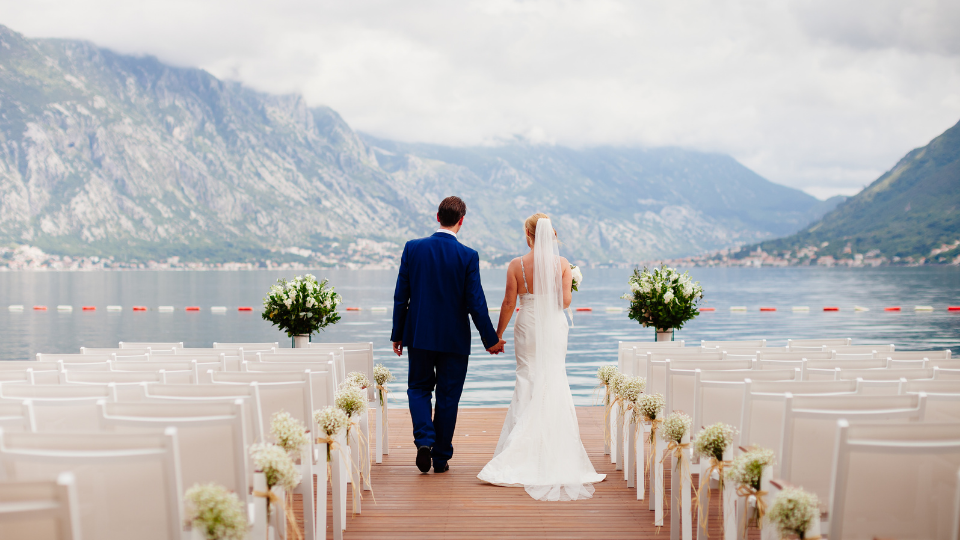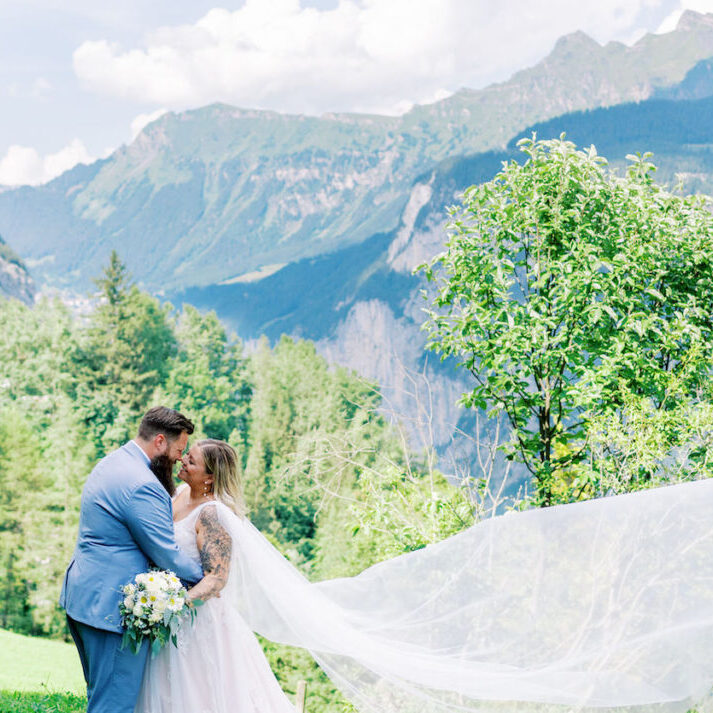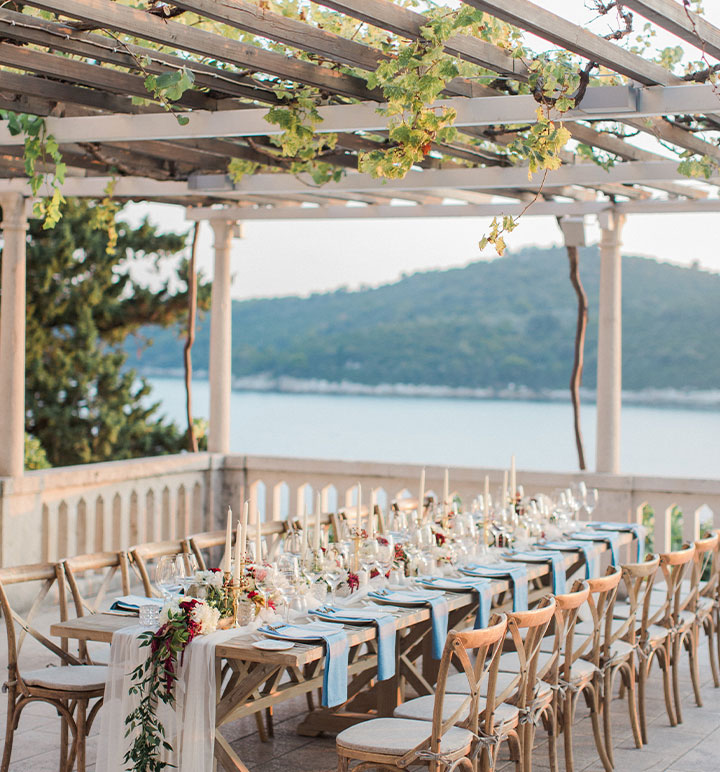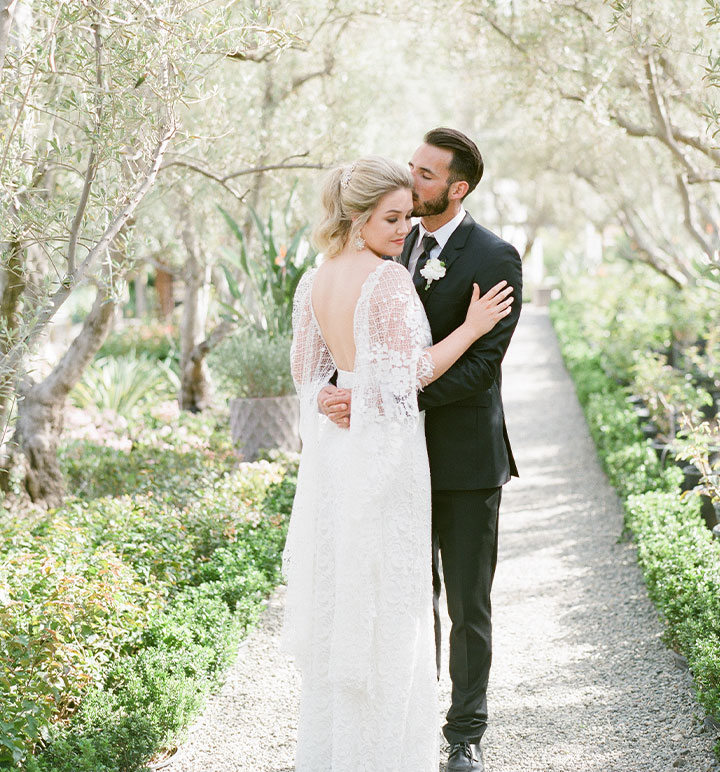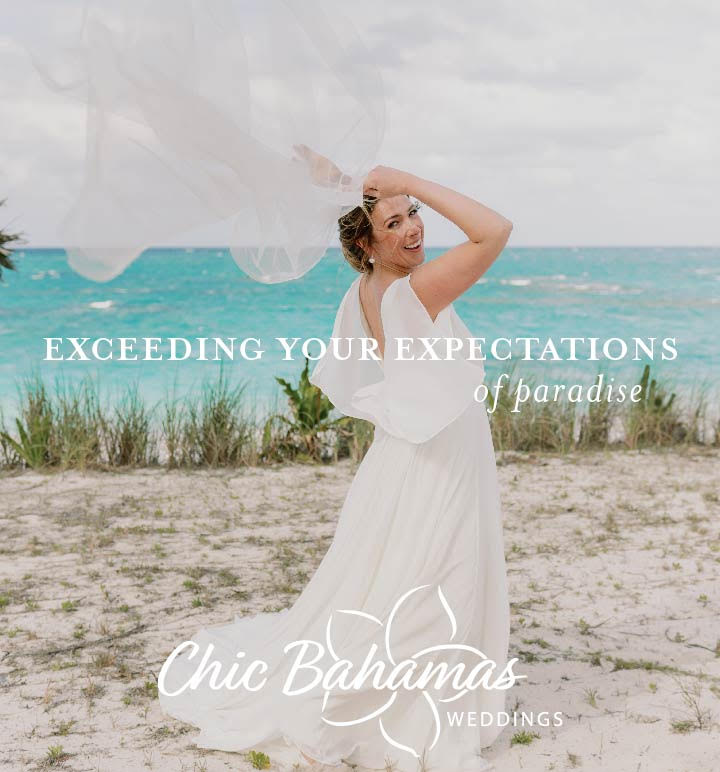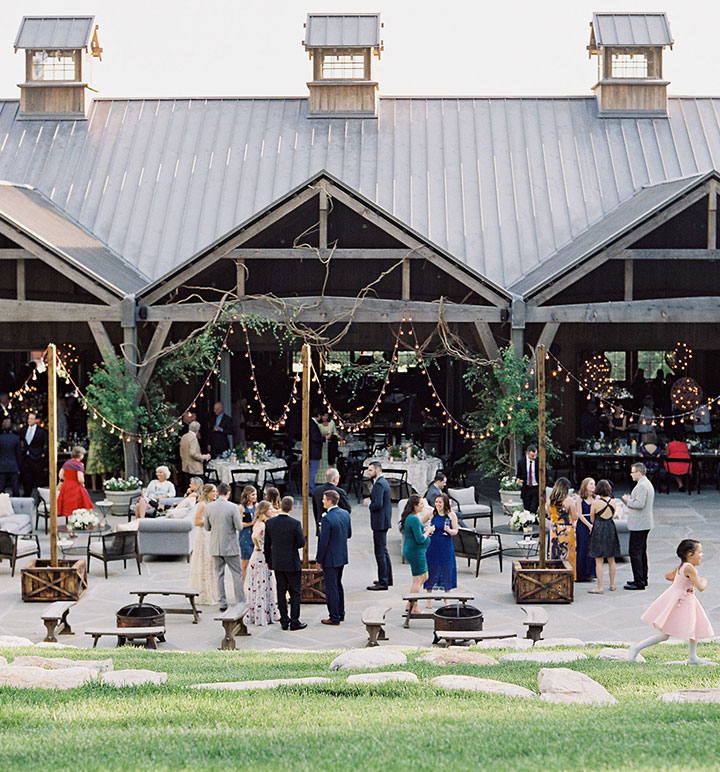It’s challenging enough to plan a wedding when you don’t have experience doing so, but it’s even more challenging when the wedding is outside of your geographic area. That’s why we are bringing in an expert to help you determine if a destination wedding is right for you!
Aviva Samuels fell in love with weddings and events from a young age. A long-time industry veteran, she is quoted frequently by the media for her expertise. Her realistic approach, warm personality and willingness to tackle any challenge are what fulfill her clients’ expectations. Aviva’s deep appreciation for art and culture and impeccable taste translate into beautiful and enriching destination weddings for her discerning clients.
Below, Aviva shares the key things that you need to know that differentiates destination weddings from the local ones!
1. An early “save the date” is a must.
People need time to plan. Taking a trip requires so much more planning than attending a local wedding. Give your guests the courtesy of an early save the date so they have more time to determine if they can go, get time off of work, arrange for someone to watch their kids, save up enough money, and/or tend to any other needs they might have, in order to attend. Give them at least 6 months heads up, but 12-18 months would be more ideal.
2. Guests may not come.
Taking a trip can sometimes be hard on people, even if they’d truly love to come. Given factors such as cost, family obligations, work restrictions or even fear of flying, people that you hoped would come may still be unable to do so. Be prepared for the “no”s and manage your expectations so that you are not too disappointed. And always be gracious, no matter what the response.
3. Guests that you didn’t expect to come, may actually RSVP yes.
Sometimes an enticing trip is enough motivation for people to say yes. Perhaps you were sure that your third cousin twice-removed felt no obligation to attend, but if you dangle a fun trip in front of them that might be motivation enough, even if you haven’t spoken to them in over a decade. If you invite them, be prepared for a yes, no matter what your assumptions are.
4. Guests may not sign off until the eleventh hour.
There are some people that can make a decision like this quickly. But there are many others that have to wait to see if they can get the time off of work, if they have the funds to travel, or if they think they will have a significant other to travel with at that time, for example. Some just can’t make that decision quickly and will wait until the absolute deadline that you or the venue imposes to decide if they will or won’t attend.
5. You’ll be expected to host more than the wedding.
If you were having a local wedding, etiquette requires that you invite anyone coming from out of town to the rehearsal dinner or welcome reception. Being that everyone, in this case, is traveling for a destination wedding, this rule of etiquette now applies to everyone. Even if you just keep it simple such as a welcome cocktail together, some sort of welcome reception, at the very least, is in order. Consider how much your guests have gone through to be there with you. When you put it into those terms, it makes more sense that you need to take care of them in return. With that in mind, many destination couples host multiple events throughout the trip.
6. It may cost you more than you expected.
Some destinations are known to be expensive. It may not surprise you that Paris, France is one of the most expensive destinations, but did you know that Oslo, Norway is equally as expensive? And not all islands in the Caribbean are equal either. For example, Seychelles, the Virgin Islands and St. Barths are far more expensive than Jamaica, the Dominican Republic and Curacao. Take your time to do extensive research on the cost of hotels, food, local transportation and tourist attractions before you choose “the one” or solicit the help of a destination wedding planner or travel professional to do the research on your behalf. They have extensive knowledge of specific venues and costs in your destination and can help you determine the realistic costs for what to expect.
7. It may save you big money.
If chosen wisely, your destination wedding can be a big cost-saving to you. In some locations, your currency may be much stronger than theirs or there may be a push by their tourism board to promote that particular destination, thus offering discounts. Or, you may find a specific venue that is offering a particularly great bargain during your wedding timeframe. If you do your research you can find destinations and/or specific venues that are far more affordable than others. Additionally, you might find that an all-inclusive hotel offers very affordable wedding packages due to the fact that these resorts will be taking in food and beverage revenue and can therefore subsidize the cost of the wedding itself. The type of venue you select, the season and/or the travel dates and the total number of guests spending money at that venue can often mean more savings to you.
8. Currency conversion rates will affect your budget and your guest’s budgets.
Always check currency conversion rates before you choose your destination location. This will not only affect you but also your guests that attend. Your currency may not be nearly as strong in the country that you choose or perhaps it will be even stronger than your local currency. If your guests are coming from multiple locations, it would be helpful for them to know what to expect, so do the research for them and post it on your wedding website for their benefit. It is also important to note that currency exchange rates do fluctuate, so you’ll need to allow for a range that takes that fluctuation into account.
9. Introducing your guests to each other will be incumbent upon you and your fiancé.
At a local wedding, greeting everyone that attends is expected. And any introductions that you might make that puts guests together is a nice thing to do, but not expected. At a destination wedding, however, where people are less likely to know each other, you have a stronger obligation to introduce your guests to each other, in hopes that they will all have a good time. Plan to allocate time not only for yourself but also for them.
10. You’ll need to allow a “plus one”.
Asking people to take a trip without allowing them to bring a guest wouldn’t be right. Traveling alone isn’t comfortable for everyone and so plan to allow each and every guest a plus one, even if their guest is not a spouse, fiancé, living partner or even a significant other.
All in all, having a destination wedding can be a dream come true. Traveling to a far-away land or even one that’s not so far away tends to bring people together. It can become an even more memorable experience than a local wedding can, simply due to the fact that everyone is spending a significant amount of quality time together. It may not be for everyone, but for those who crave a more exotic experience, or one that lasts longer than just one evening, a destination wedding can serve multiple purposes and leave everyone involved with a lifetime of memories.
